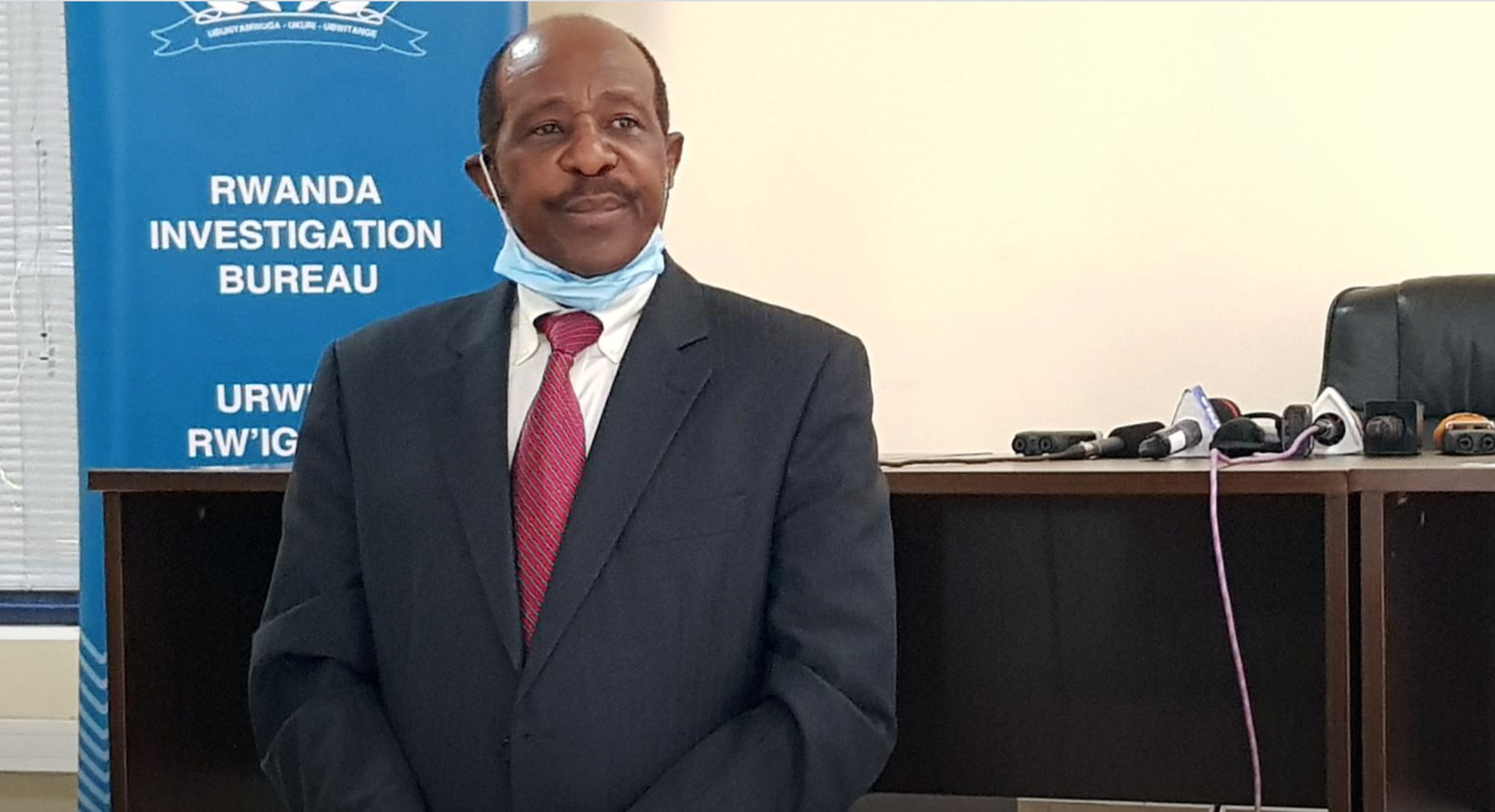Read more
Yesterday, Sonangol has officially laid the foundation stone for its landmark Barra do Dande Ocean Terminal (Terminal Oceânico da Barra de Dande, TOBD) in the Bengo Province north of Luanda. The infrastructure project has been in the making since 2013 but delayed several times by years of recession since 2016. It represents a massive step forward for Angola’s downstream sector and aims at turning Barra do Dande into the country’s main platform for the receiving, storage and distribution of petroleum products. Its official launch follows the award of key contracts this month to its EPCC contractor, the Brazilian Odebrecht, along with the supervision contract to DAR Angola and the Environmental Impact Study to SOAPRO. The terminal will be developed in phases and at a cost of $500m (Kz. 317 bn), ultimately targeting the construction and installation of 29 storage tanks connected to maritime infrastructure such as breakwater, berths and unloading lines. Its phase 1 will include 16 tanks with a combined storage capacity of 582,000 m3 of petroleum derivatives including diesel (320,000 m3), gasoline (160,000 m3) and LPG (102,000 m3) reserved for the domestic market, and will support 3,500 jobs during its construction phase. It involves three different units: the first one covers the development of the 16 storage tanks while the second one involves the construction of a petroleum products and LPG pipeline and the third one the construction of two berths with a total capacity of 150,000 DWT. A second phase will add an additional 13 tanks to bring total storage capacity to 782,500 m3 and enable the export of surplus petroleum products. The project fully integrates with Angola’s vision to expand downstream infrastructure. The country is currently expanding its Luanda Refinery while building three new refining facilities with the private sector at Cabinda, Soyo and Lobito. Once commissioned, these will be producing a surplus of petroleum products that can be exported by pipeline or ship to regional and global markets. Upon completion of those brownfield and greenfield projects, Angola will have multiplied its refining capacity by x9 and will be one of sub-Saharan Africa’s biggest refining hubs.
The Africa Finance Corporation (AFC) plans to step up its infrastructure financing in Africa with a new asset management division, AFC Capital Partners. Its debut offering, the Infrastructure Climate Resilient Fund (ICRF) is planning to raise $500m within the next twelve months and $2bn over the next three years. The fund will act as a direct investor and a co-investment fund to support key projects across the continent such as ports, roads, bridges, rail, telecommunications, clean energy, and logistics. The AFC has made it clear that sustainable infrastructure will be at the core of its activities by appointing Ayaan Zeinab Adams as the CEO of AFC Capital Partners. She is the former head of the private sector arm of the Green Climate Fund under the UN Framework Convention on Climate Change, as well as a former CIO and Senior Manager of the World Bank Group’s International Finance Corporation (IFC). Ayaan played a key role in building the mandate of the Green Climate Fund Private Sector Facility and rapidly scaled its portfolio within three years to US$2.1 billion invested across Africa, Asia-Pacific, Latin America, and the Caribbean. She also previously also served as UK-based CDC Group’s Managing Director of Africa Funds.

